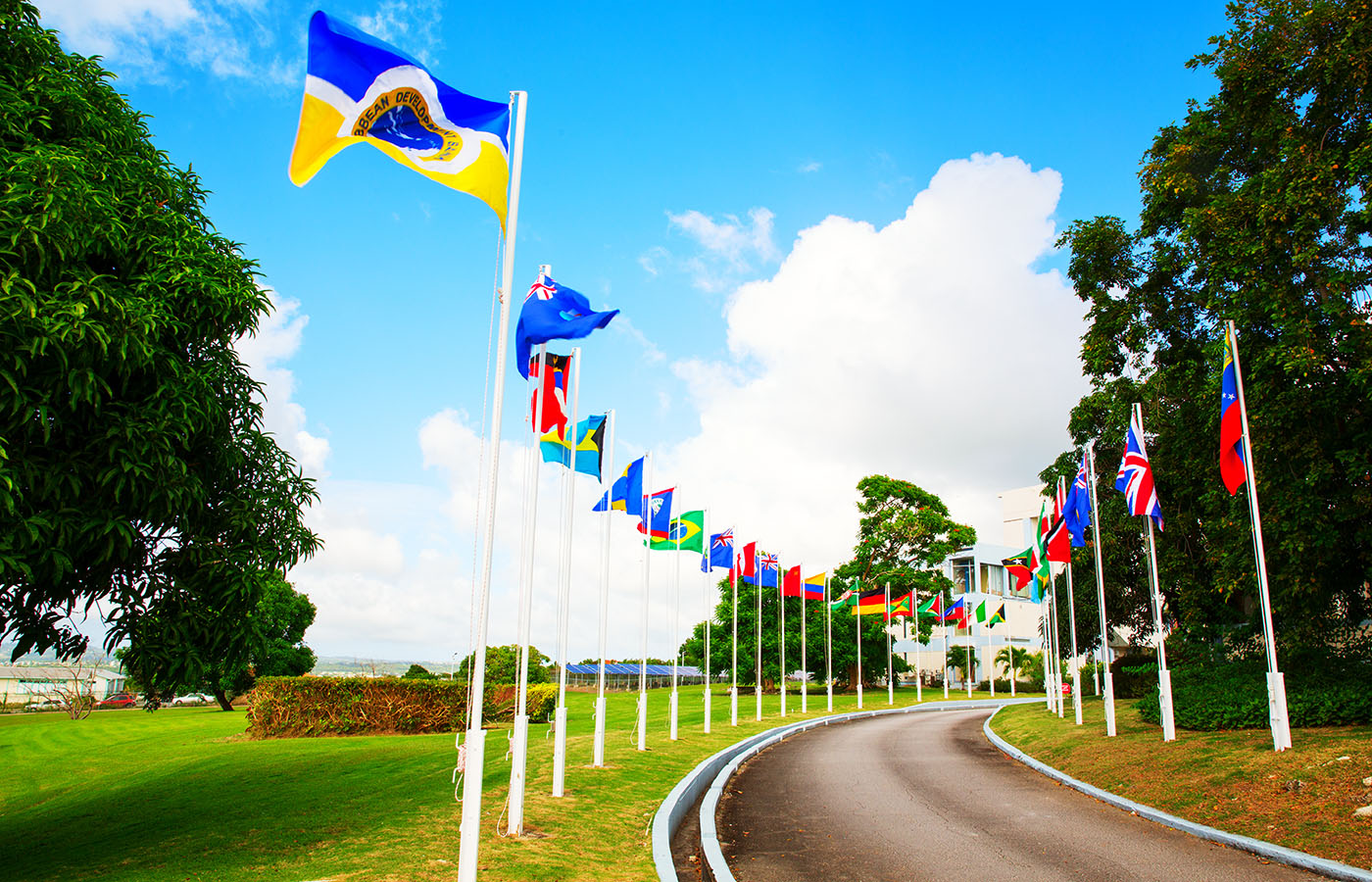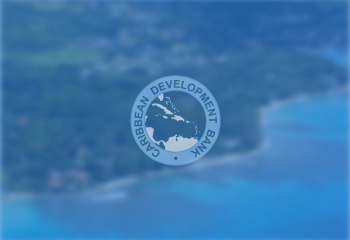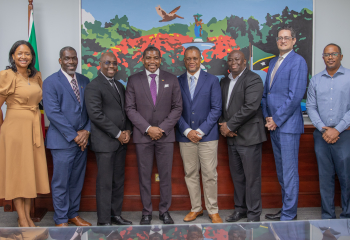CDB Seeks Replenishment for Special Development Fund to Continue Tackling the Region's Development Challenges

The Caribbean Development Bank (CDB) is now actively mobilising financing to continue its Special Development Fund (SDF), an integral element of the Bank’s poverty reduction and sustainable development efforts.
Currently near the end of its 10th four-year cycle, the SDF, has disbursed over $2.1 billion in development financing since its inception, driving significant progress in regional economies. To sustain its impact beyond the present cycle, the CDB is undertaking a replenishment exercise, aiming to increase contributions from existing donors and enlist new contributors.
"The Special Development Fund, as the largest pool of concessionary funds from the Caribbean Development Bank, remains crucial in addressing poverty and human development challenges throughout the Caribbean Region. It's a testament to the power of collaboration and targeted investment. To ensure its sustainability we're deepening dialogue with current partners and engaging new collaborators to secure resources needed to propel the Region forward despite challenges,” CDB’s Acting President, Mr. Isaac Solomon explained.
The negotiation process, scheduled to run throughout 2024, will commence with the First Meeting of Contributors on March 20, 2024, in Georgetown, Guyana. High-level representatives from CDB's member countries and global institutions are expected to convene for discussions that will chart the course for the SDF's future impact.
SDF initiatives, in line with CDB's goals, focus on enhancing the lives of people in the Bank’s Borrowing Member Countries. From 2013 to 2022, the SDF trained about 8,850 teachers, built over 2,760 classrooms, and improved learning for around 343,400 students. The Fund also finance training initiatives for nearly 11,160 stakeholders in agriculture, boosting productivity. Projects impacting roads, transportation, water, and sanitation have benefitted over 1 million citizens in the Region.
“Previous SDF cycles have significantly improved education, agriculture, infrastructure, and other vital areas, directly benefitting the lives of people across the Region, and improving conditions in communities, but continued and even increased support is required from our Contributors to continue to drive progress and we certainly look forward to sustained investment in development programmes that promote the well-being and prosperity of our citizens,” said Ms. Onika Miller, CDB’s Chief Strategy and Accountability Officer.
Key sectors which have benefitted from SDF investment and interventions include education, climate change, capacity building in government and national institutions, poverty reduction, water security, economic infrastructure, and connectivity. Yet, despite this progress, Caribbean economies remain vulnerable to external forces, with persistent inequalities and pockets of poverty. With its mandate focused on poverty reduction, an adequately financed SDF will continue playing a vital role in addressing the Region's key development challenges.

